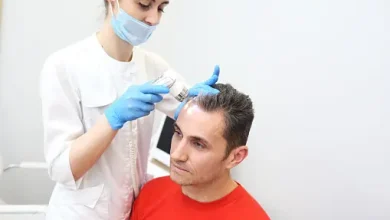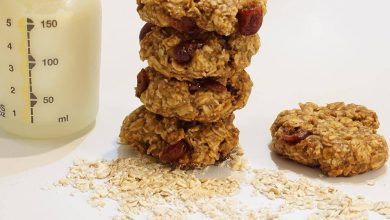Health
Common Questions Asked and Answered About Medical Marijuana

The term “medical marijuana” relates to the use of the whole, natural marijuana plant and its pure ingredient. It is to treat a disease or improve a symptom but not an absolute cure for such an illness. It must be purchased from a medicinal-grade marijuana plant that has been carefully grown without the use of toxic bug sprays and plant foods. Marijuana’s amazing treatment qualities come from its high cannabidiol (CBD) content and critical stages of healthcare terpenes and flavonoids. It also contains some tetrahydrocannabinol (THC), the compound that gives the psychoactive impact, which most leisurely customers are after. Through traditional plant reproduction techniques and seeds exchanges, growers have started generating marijuana plants that have higher stages of CBD and ‘abnormal’ amounts of THC for healthcare use.
Over the years, alternative medicines has become a popular approach to reducing everything from back problems to depressive disorders. Aromatherapy, homeopathy, and many more are common alternatives to the standard physician’s appointment. Another method of alternative treatment is medical marijuana.
CBD and Medical Cannabis
CBD works in a very different way from THC. Compared to THC, it takes about 100 times more CBD to have any influence on cannabinoid receptors, the sites within your body that connect to cannabinoids. Compared with THC, CBD does not cause either inebriation or excitement. In some ways, CBD seems to have the opposite impact of THC. For instance, while THC tends to increase stress, CBD appears to reduce stress.

What is Cannabinoid?
Marijuana contains more than 500 natural ingredients, with cannabinoids probably being the most significant. It’s these ingredients that produce pot’s results on your entire body. THC generates the “high” associated with recreational marijuana, and CBD is the treatment component, and the relationship between these cannabinoids and our bodies is multi-dimensional.
Is therapeutic marijuana “addictive?”
Most studies suggest a very low risk of habit and very low poisoning of therapeutic marijuana when taken as recommended in low treatment amounts. There is concern about emotional dependency in heavy customers and whether this comprises marijuana misuse. Some studies have recommended CBD oil might be useful in treatment for marijuana habit or marijuana misuse.
How Does Marijuana Affect the Brain?
Marijuana’s influence on the mental abilities are complicated and is different from one individual to another. How soon marijuana performs depends on how it is absorbed. When used, the results are experienced almost immediately because THC goes easily into your blood vessels via your respiratory system. This causes brain cells to launch dopamine, creating the feeling of excitement. Eating marijuana causes its results to be experienced more slowly, sometimes taking as long as an hour or more.
Most of the laws and rules allow dispensaries and summarize specific conditions for which therapeutic marijuana can be prescribed. The limitations also vary by state as to the structure and amount of healthcare marijuana that can be obtained at each visit for personal use. Medical choices about discomfort and indication management should be made between the person and his or her physician, controlling proof of benefit and harm to the individual, the patient’s choices and principles, and any rules that may apply. Check out the Best cannabis dispensary available.






